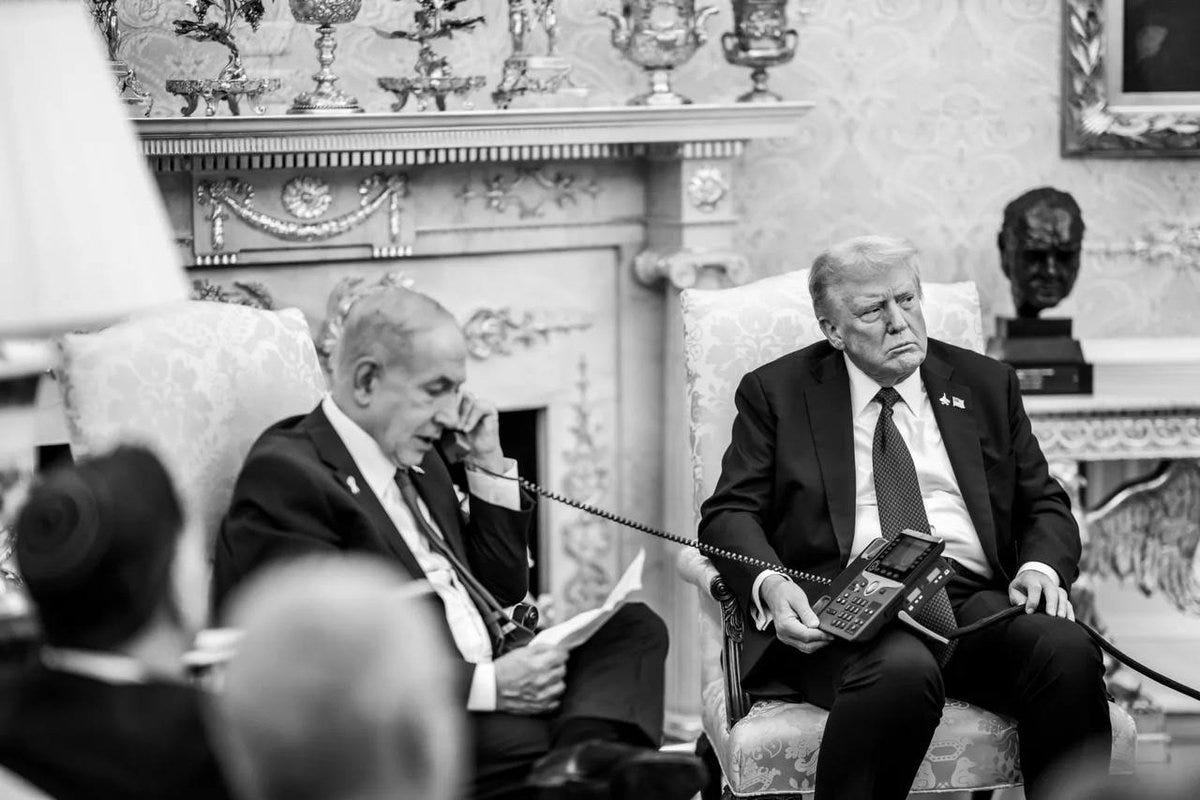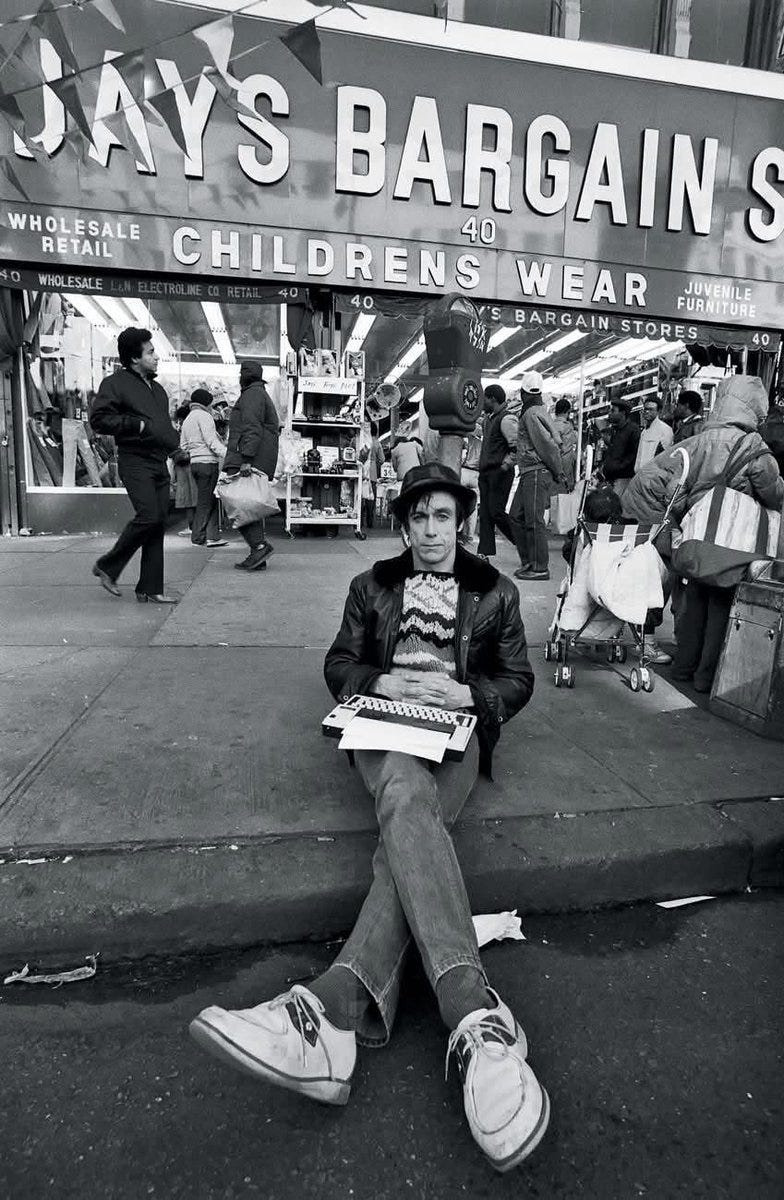Peace, and the consequences of peace
First things first: Donald Trump deserves lots of credit. Even Trump critics like this writer agree.
On the second anniversary of October 7, I spoke at a vigil for the hostages still held by Hamas. Unsurprisingly, some of the Jews present kibbutzed with me about the rumoured coming peace deal. I asked them whether Trump could pull it off.
One woman summed it up perfectly. “I’m no fan of Donald Trump, like you,” she said. “He’s a bit crazy. But this is a situation where his craziness helps – Hamas obviously feels he’s crazy enough to wipe them out!”
We laughed, but that was – and remains – the key question: will Donald Trump’s peace deal result in the eradication of Hamas? Because make no mistake: Hamas is the biggest impediment to lasting peace in the Middle East. Israel, and every surrounding Arab nation agree on that.
Given that, what does the future hold? What challenges lie ahead, for Trump and the rest of the world? There are five main ones.
The Propaganda War. I’ve written a book about this subject, titled The Hidden Hand, and it’s out in February. One thing that is indisputable: the anti-Israel, anti-West propaganda campaign – overseen by Iran, funded by Qatar and assorted anti-Israel charities and NGOs, and staffed by Hamas and its axis – is not going away, peace or no peace.
The antisemitic, anti-Israel information war has been wildly successful for Hamas and its cabal – far beyond their own expectations, in fact. Just this week, Harvard-Harris released a poll showing nearly half of young Americans fully support Hamas over Israel. And, online and in the streets – and in academia, government and public sector unions – Israel is losing, or has lost, the information battle. The antisemitism we see everywhere is unlikely to disappear anytime soon.
The Governance of Gaza. There is a reason why no surrounding Arab nations ever took on Palestinian refugees – and why Egypt even built a wall bordering Southern Gaza that was impenetrable: stable Arab states regard Gaza, and Palestinians, as completely ungovernable. So who is going to run the Gaza Strip, if the Palestinian Authority can’t, and Hamas shouldn’t?
For the likes of Canada’s Mark Carney, France’s Emmanuel Macron and Britain’s Keir Starmer, answering that question is very politically perilous. Those three, and others, recently recognized the state of Palestine and made grandiose pledges to pay for its reconstruction and rehabilitation. There will be a steep dollar cost for that, which Canadian taxpayers are unlikely to appreciate. And, if Carney makes good on speculation that Canadian troops could be sent to Gaza to keep the “peace,” what happens when some of them inevitably become casualties?
Words are cheap. Messrs. Carney, Macron and Starmer may soon regret theirs.
[To read more, subscribe here]





